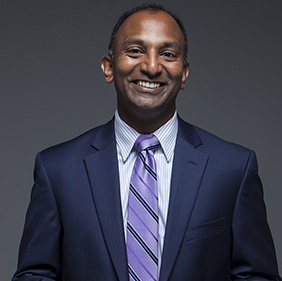
Vignarajah: To make sure the public can hold us accountable, I have pledged to create the most transparent prosecutor’s office in American history. Here is what that will look like:
First, we will release 100-day plans every 100 days. At the end of each 100 days, we will release a report on what we have accomplished and where work remains. Those reports will include an analysis of key indicators including, for example, felony conviction rates, rates of dismissed cases, homicide clearance rates, average sentences by offense, and the rate of remand for juveniles charged as adults.
Second, each week, we will make available online a downloadable index of resolved and pending cases so the public can see for itself the status of cases and how cases have been resolved.
Finally, to give the public additional insights about how cases are investigated and prosecuted, for certain cases of public importance (e.g., police-involved fatalities), we will permit, with certain conditions, a member of the media to be embedded in the investigation.
We cannot diagnose what is wrong without data and transparency; we cannot see where we are making progress and where we are falling short without public accountability; and we cannot restore the public’s faith in the criminal justice system unless the public believes we have nothing to hide and that our primary interest is the common good.